
Coral reef fishes exposed to acid oceans lose their sense of smell – and their sense of caution – and are more likely to fall prey to natural enemies, according to new research in Nature Climate Change. The finding is based on observations of the behaviour of four species at a reef off the coasts of Papua New Guinea where natural carbon dioxide seeps out of the rock, and confirms a series of other such studies in the last year.
A cool volcanic discharge in the reef has served as a natural laboratory for years: water in the region reaches an average pH of 7.8. This standard measure of acidity is co-incidentally the level predicted for all the world’s oceans by 2100, as atmospheric carbon dioxide levels continue to rise, according to the Intergovernmental Panel on Climate Change. www...
Read More

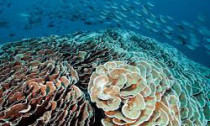
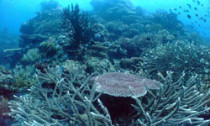
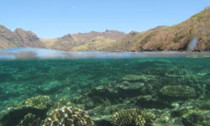
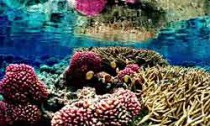

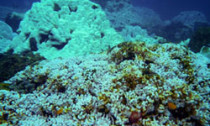
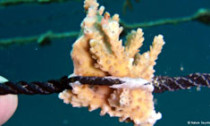


Social Profiles